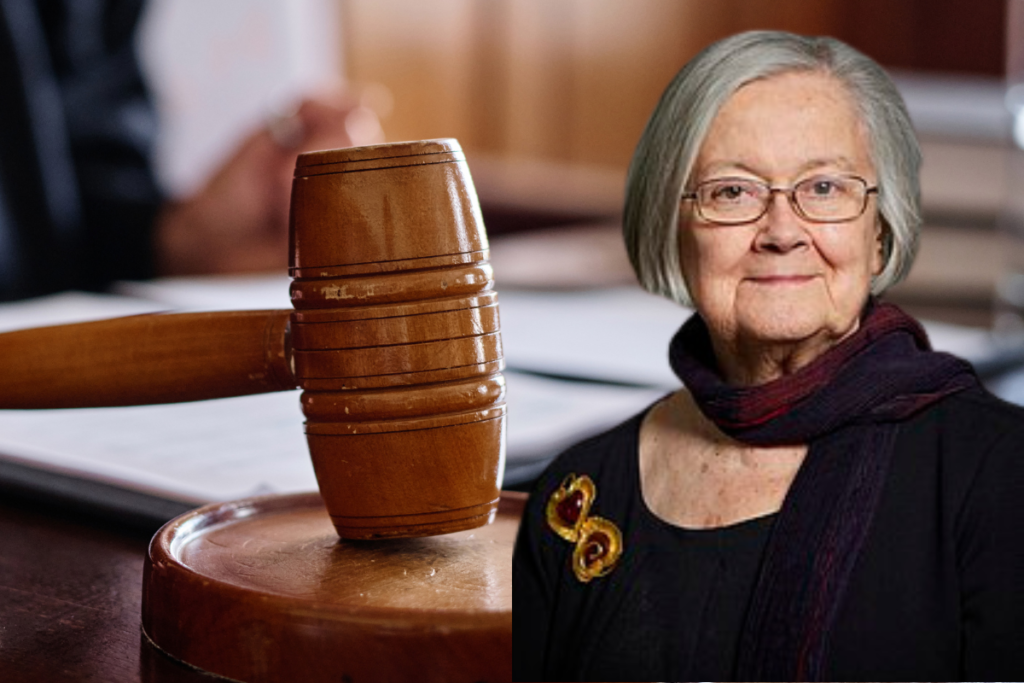The Grenfell Tower fire of June 14, 2017, which claimed 72 lives, has become a pivotal moment in the UK’s reckoning with systemic failures in housing, fire safety, and corporate governance. The subsequent public inquiry, which concluded in 2024, delivered a damning assessment of the events leading to the tragedy, attributing it to a combination of governmental neglect, corporate dishonesty, and institutional indifference.
The inquiry’s final report, led by Sir Martin Moore-Bick, identified “decades of failure” by central government to regulate fire safety effectively. It criticized the deregulation efforts between 2010 and 2016, which prioritized economic considerations over public safety. The report also highlighted the “systematic dishonesty” of companies like Arconic, Celotex, and Kingspan, which misrepresented the safety of their products and concealed critical fire test results. Additionally, the Royal Borough of Kensington and Chelsea’s Tenant Management Organisation (TMO) was found to have shown a “persistent indifference” to fire safety and to have failed to address residents’ concerns adequately.
Beyond the technical and administrative failures, the inquiry also uncovered deep-seated issues of racial discrimination. Legal representatives for survivors and bereaved families emphasized that racism and discrimination played a significant role in the response to the tragedy. They pointed to a police assessment made shortly after the fire, which expressed concerns about potential community unrest due to the predominantly Muslim background of the victims. This assessment was criticized for its racial undertones and for framing the affected community as a threat rather than focusing on the need for support and justice.
In the aftermath, survivors and advocacy groups like Grenfell United have demanded accountability. They argue that the inquiry’s findings, while comprehensive, have not yet translated into justice. The Crown Prosecution Service has yet to make charging decisions, and any potential trials are not expected until 2027. Advocates contend that only criminal charges, particularly for manslaughter, will deliver true justice for the victims.
The Grenfell inquiry has undeniably been a turning point, exposing the multifaceted failures that led to the disaster. It has sparked a national conversation about accountability, corporate responsibility, and the need for systemic reform in housing and fire safety regulations. As the legal proceedings continue, the hope remains that the lessons learned will lead to meaningful change and prevent such a tragedy from occurring again.



